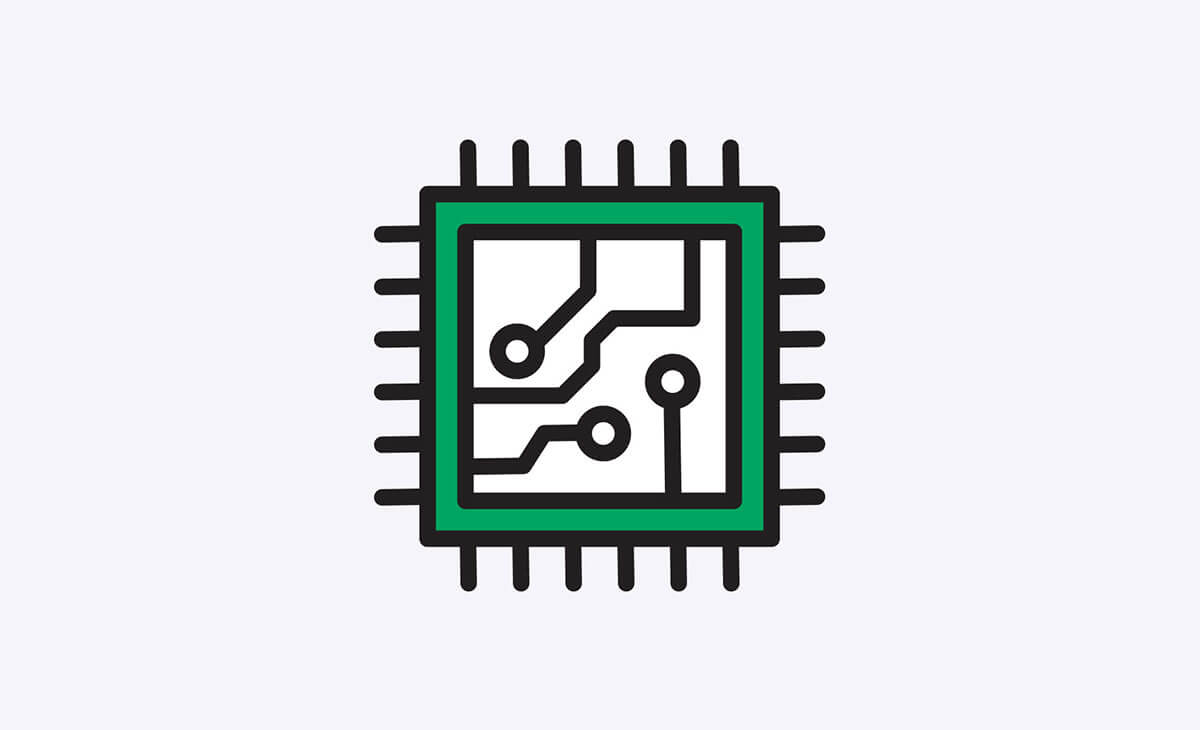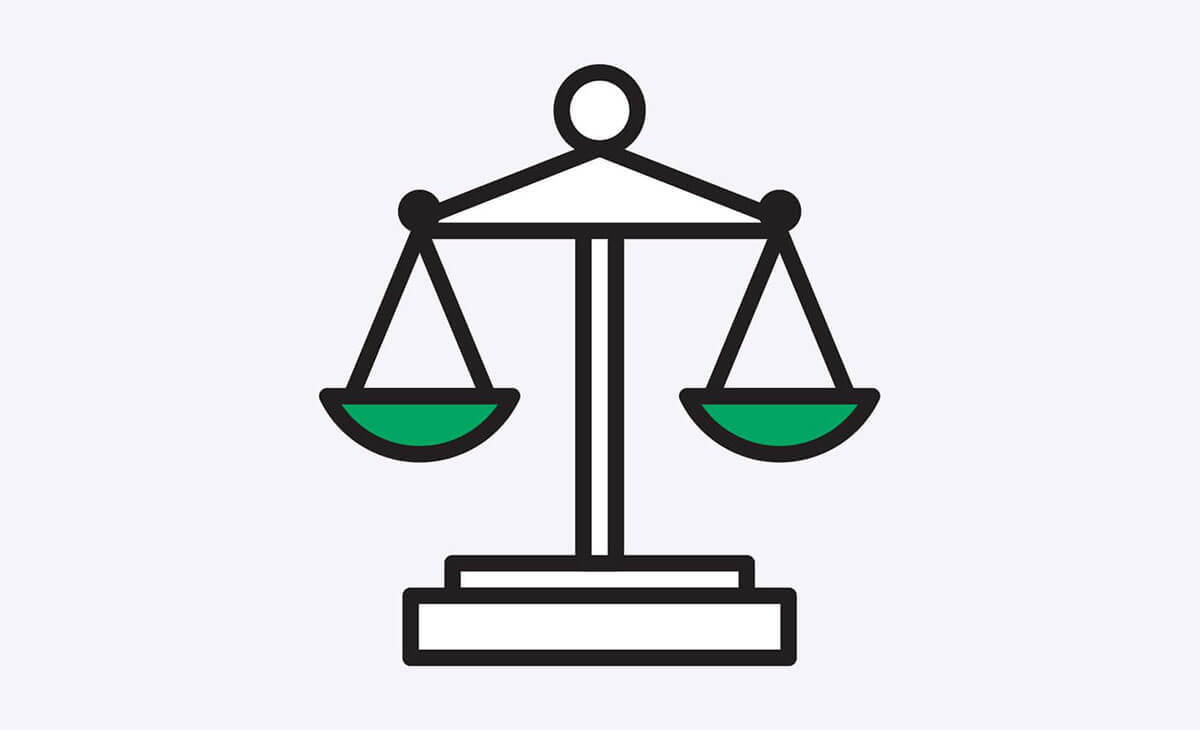
Software is Writing News Articles. Here's Why Lawyers Should Care
The New York Times recently ran an article on Narrative Science, a Chicago company that Transforms data into high-quality editorial content.

Reading Carol Bartz's Employment Contracts
Here at the DiligenceEngine Blog, we ususally restrict ourselves to discusssing (1) legal tech and efficiency and (2) what we’re up to.

Get the latest legal tech insights sent straight to your inbox.

Making Junior Lawyers Better Value
The Wall Street Journal Law Blog recently ran a piece on Debevoise & Plimpton and Skadden, Arps, Slate, Meagher & Flom’s moves to have a significant number of their junior associates complete four weeks of business training put on by Fullbridge.

Law Firms Being More Efficient
Law firms can increase profits by being more efficient. Sure, this is obvious for firms that bill fixed fee: lower production costs (or the less time time spent on matters) mean greater profits, all other things equal.

Anyone interested in the future of legal practice should read Richard Susskind’s “The End of Lawyers?: Rethinking the Nature of Legal Services”.

Clients are increasingly pushing back on passed-on fees for disbursements, according to an Administrative Director in an AMLaw 100 firm (who I was fortunate to speak with recently).

DiligenceEngine is focused on a specific problem: improving legal due diligence. But our work fits into a broader issue: making lawyers more efficient and effective.

Issues Considered in Legal Due Diligence
In line with previous posts explaining the background to what we do (make legal due diligence better, faster and cheaper), this post will focus on some of the issues considered in legal due diligence.